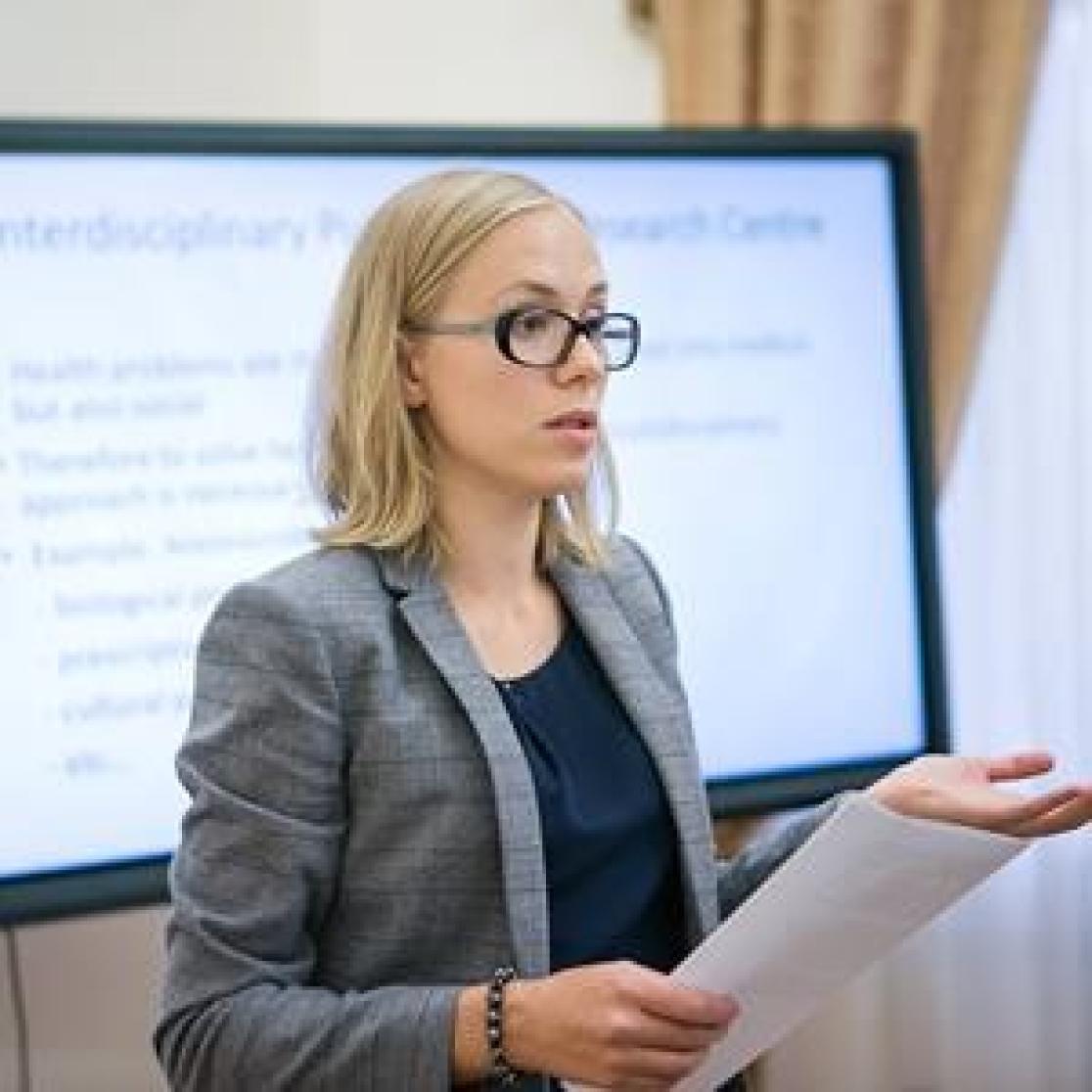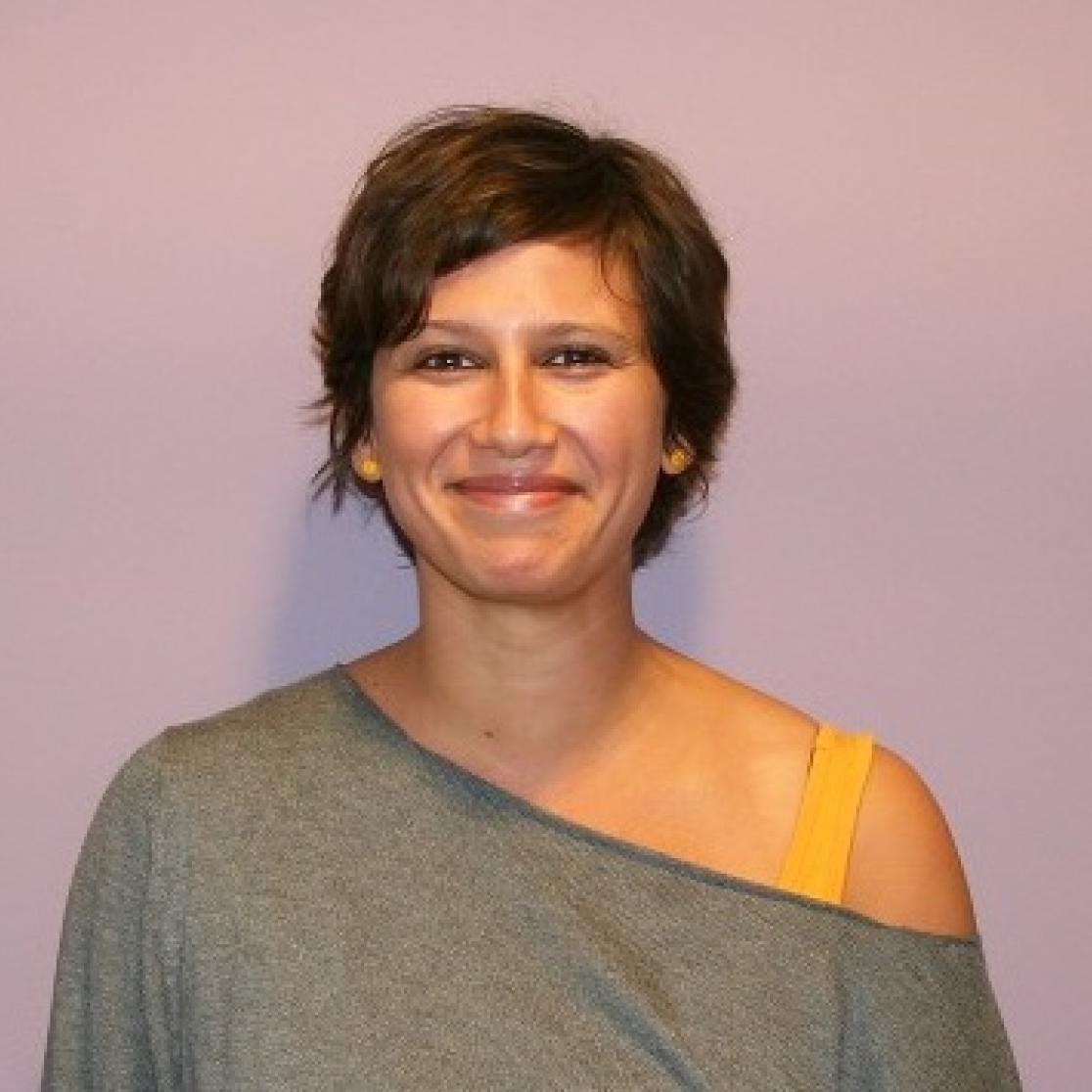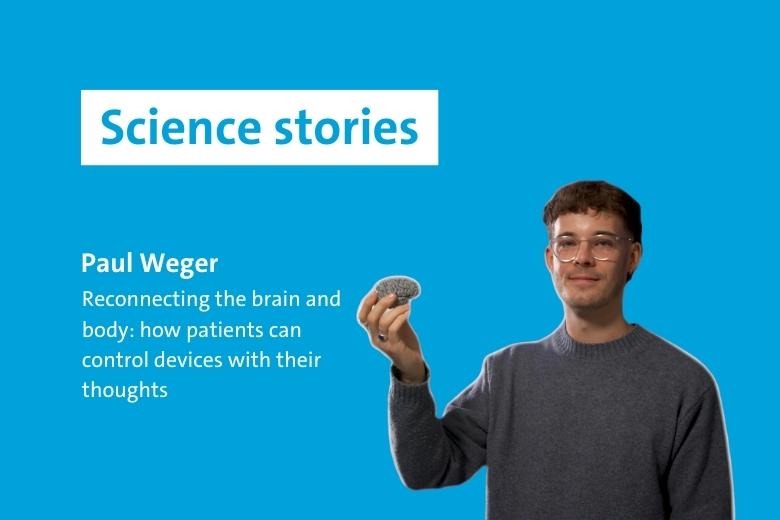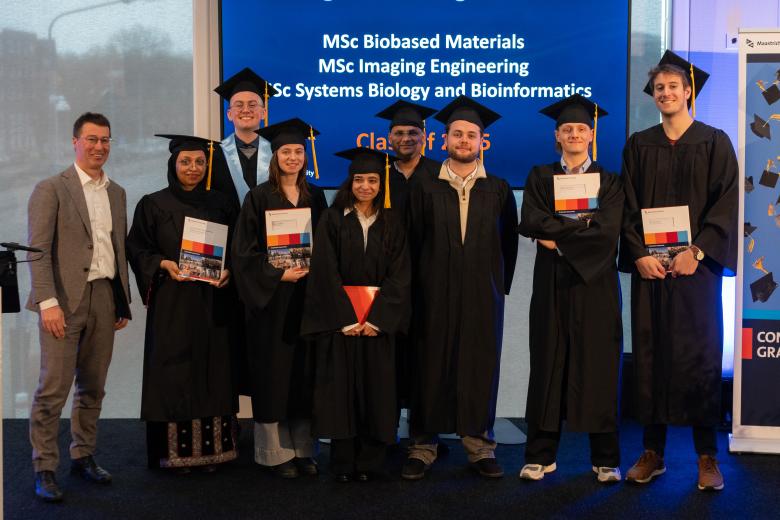ERC Starting Grant for Olga Zvonareva and Francesca Rapino
Olga Zvonareva (CAPHRI) has received an ERC Starting Grant of €1.5 million for her research project on public participation by means of informal practices. Francesca Rapino (GROW) also obtained an ERC Starting Grant for her research on Cancer stem cells (CSCs) in both Liège and Maastricht.
Olga Zvonareva and her project Public Participation by Other Means?
How to ensure meaningful public participation in governing matters of collective concern?
'With the growth of distrust and alienation between citizens and established political institutions, it urgent to improve democracy by finding new ways of involving citizens in decisions that shape their lives. I make a counterintuitive proposal
to look for new modes of public participation in informal practices creatively employed by citizens to contest governance arrangements, especially in settings where they are discouraged from doing so.
Scholarship traditionally defines public participation as dependent on making issues public, i.e. visible and debatable, whereas informality is considered dysfunctional and anomic, not least to democracy itself. Therefore, informal practices that involve working around formal procedures and public spaces, and depend on remaining invisible, have not been explored as modes of public participation.
My project is a comprehensive study of public participation by means of informal practices. It takes a qualitative approach inspired by the ethnographic ‘rear-mirror’ methodology to comparatively investigate local (Russian healthcare system) and global
(pharmaceutical industry) sites where non-democratic situations abound and identify how informality mediates participation in health, a domain personally relevant for many citizens because their lives are at stake. I will elucidate the effects of this mediation and elaborate the theoretical significance of conceptualising certain informal practices as public participation.
This project will offer a fundamentally novel insight into the impacts of informal practices on formulating and addressing matters of collective concern, enable discerning a wider spectrum of participatory modalities, and open up new avenues of democratisation. I will draw on my previous research on informality in health and pharmapolitics and on my extensive international network to achieve the project goals'.

Francesca Rapino and her project tRNAtoGO: "tRNA actors" heterogeneity - a new identifier of cancer stem cells.
This project aims to approach the concept of Cancer Stem Cells (CSC) from a new and extremely innovative angle.
Francesca Rapino has an Associate Professor position at Maastricht University and combines this with a post-doctorate at the University of Liège (GIGA Institute) in the laboratory of Dr. Pierre Close. Her research focuses on understanding how cancer cells establish their proteomes - the set of effectors that carry out any biological programme in the cells. Since her arrival in Liège, she has been introduced to the world of tRNAs and has helped to establish the first link between cancer treatment and tRNA biology (Rapino et al., Nature 2018).
The cells integrate internal and external stimuli by continuously adapting their transcription and translation. tRNAs are heterogeneous and highly modified molecules necessary to correctly translate mRNAs into proteins. Although their discovery dates back to the end of the 1950s, it is only in recent years that their active role in regulating translation has begun to be highlighted, both in the field of health and disease. Cancer stem cells (CSCs) are a small population of transformed cells capable of supporting tumour growth and responsible for metastasis and drug resistance.

About ERC scholarships
ERC Grants are major instruments deployed by the European Research Council to fund research projects in Europe. The procedure, which is extremely selective, retains only the best researchers and research projects of the highest level, combining audacity and competence to tackle new research avenues likely, if successful, to substantially enrich knowledge. There are 5 types of grants:
Starting Grants, Consolidator Grants, Advanced Grants, Synergy and Proof of Concept.
ERC Starting Grants are designed to support young researchers (2-7 years of experience since completion of the PhD) with a very promising scientific record and an excellent research proposal.
Also read
-
Reconnecting the brain and body: how to control devices with your thoughts
Can you control a robotic arm with your thoughts? Paul Weger (MHeNs) studies this to give back independence to patients with neurological conditions.
-
Green school playgrounds boost concentration and wellbeing
Children at schools with green playgrounds are better able to concentrate and display more social behaviour. This is the conclusion of a follow-up study within the long-running project The Healthy Primary School of the Future .
-
Ron Heeren appointed fellow of the Netherlands Academy of Engineering
Professor Ron Heeren, distinguished university professor at Maastricht University (UM) and director of the Maastricht MultiModal Molecular Imaging Institute (M4i), was appointed as a fellow of the Netherlands Academy of Engineering (NAE) on Thursday 11 December.